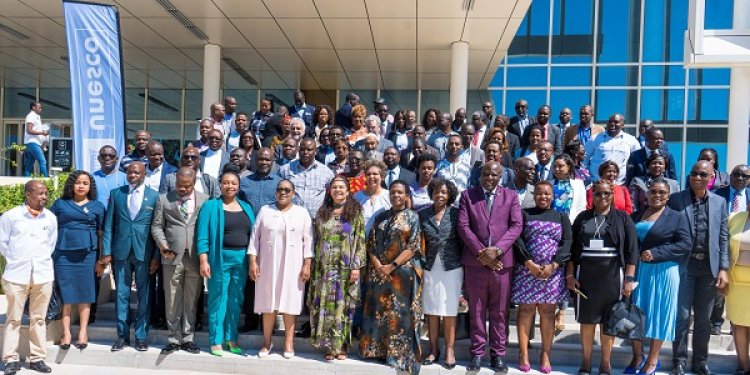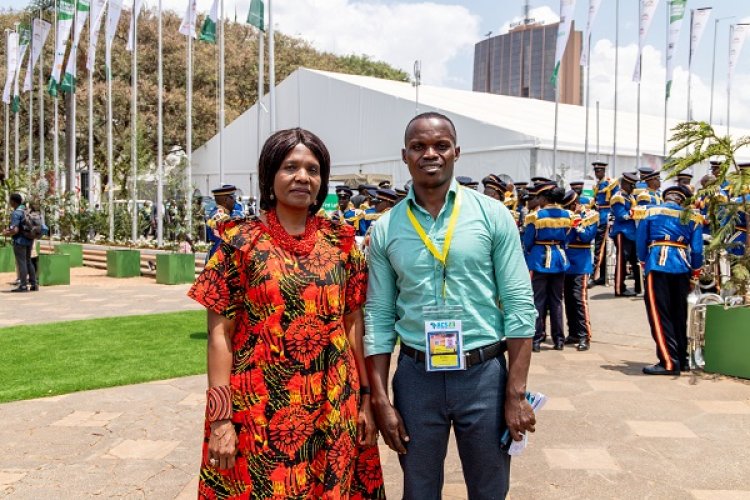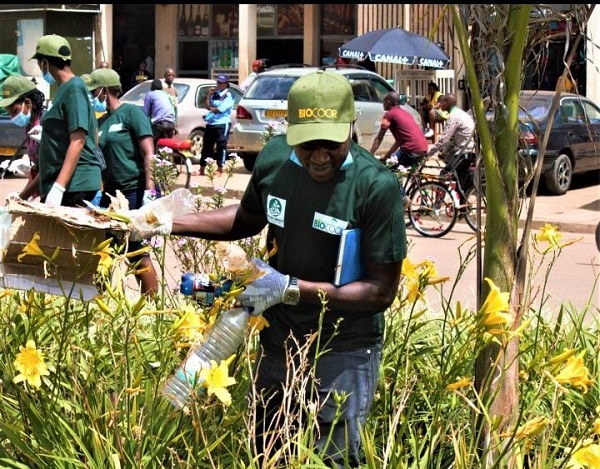Governments in Africa will have to come up with economic incentives and regulatory interventions to support the media as part of public good investment if the sector and those it employs are to stay afloat in light of series of crises and tech changes that disrupted the traditional business model, experts have said.
Input shared as part of the discussion at the just concluded Second Africa Media Convention in Lusaka, Zambia over the past week point to the fact that despite the deepening crisis, the media viability discussion hasn’t taken place in many countries on the continent.
This is despite the adoption, in November 2019, of the Declaration of Principles of Freedom of Expression and Access to Information in Africa by African Commission on Human and Peoples’
Rights underlining the need for African Union member States to support media.
According to the instrument, States “shall promote a conducive economic environment in which all media can flourish, including through the adoption of policies for the provision of financial or other public support for the sustainability of all media through a fair, neutral, independent and transparent process, and based on objective criteria.”
Besides, States ought to ensure that the allocation of funds for public advertising is transparent and subject to public accountability, and they shall not abuse their power over the placement of public advertising.
ALSO READ: EA journalists brave threats to carry out their reporting
Years later, however, media sector players on the continent say this commitment remains largely aspirational as governments barely moved an inch to put this into practice.
“Media is in crisis and we don’t know what it will look like in ten years. Governments need to come in (…) all regulatory interventions have their pros and cons. So when they do come about, it must be context specific.
And it must happen in such a way that it does not impede on the independence of the media. It should prioritise not just big media houses, but also small indigenous media houses and in addition to that there has to be transparency and accountability in all levels of such a process,” observed Zoé Titus, Director at Namibia Media Trust.

Mrs. Titus who is also chairperson at Global Forum for Media Development spoke at length about issues pertaining to media viability during the just concluded conference in Lusaka which brought together media experts, journalists and sector stakeholders from across Africa.
She adds that it’s high time everyone – States, donors, philanthropic organisations, the private sector and the public — understands that they have a role to play in ensuring media is viable.
Of global development aid, she said, only 0.3 per cent goes towards journalism media. “We are trying to bring that to one percent but it’s a long process and requires a lot of lobbying at this particular time.”
New model
Mr. Izak Minnaar of the South African National Editors’ Forum (SANEF) notes that media, too, must re-invent itself and journalists need to understand the needs of the audiences and make sure that those needs are met, and that will lead to viability.
“We must promote universal access to the internet as a right because that opens new opportunities for the media. With the new digital model, we need to start afresh and find new ways of sustaining the media,” he adds.
Besides, analysts concur that Africa is the only continent that is getting younger, thus media must take into consideration young people and children specifically in their plan for the viability.










